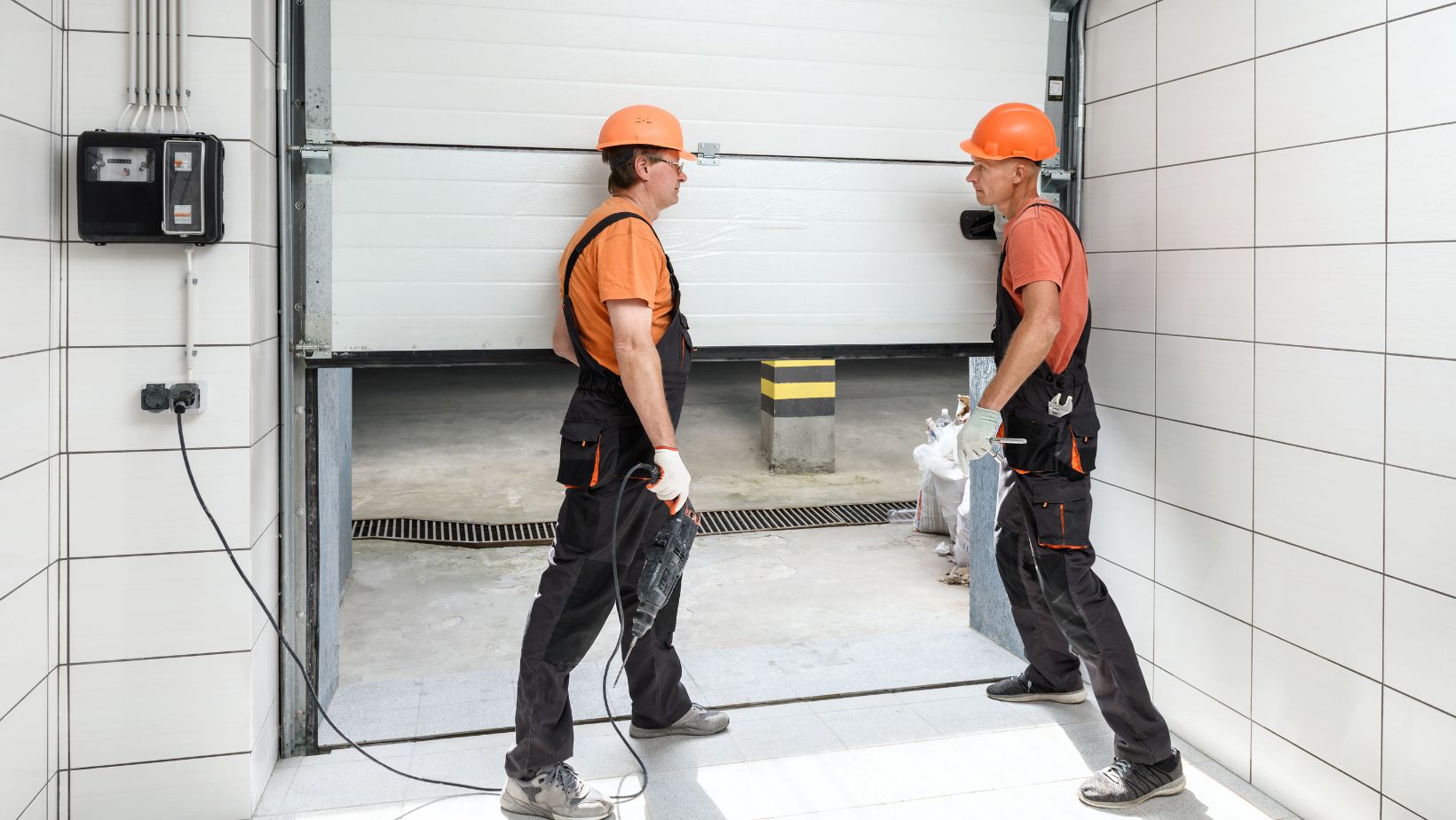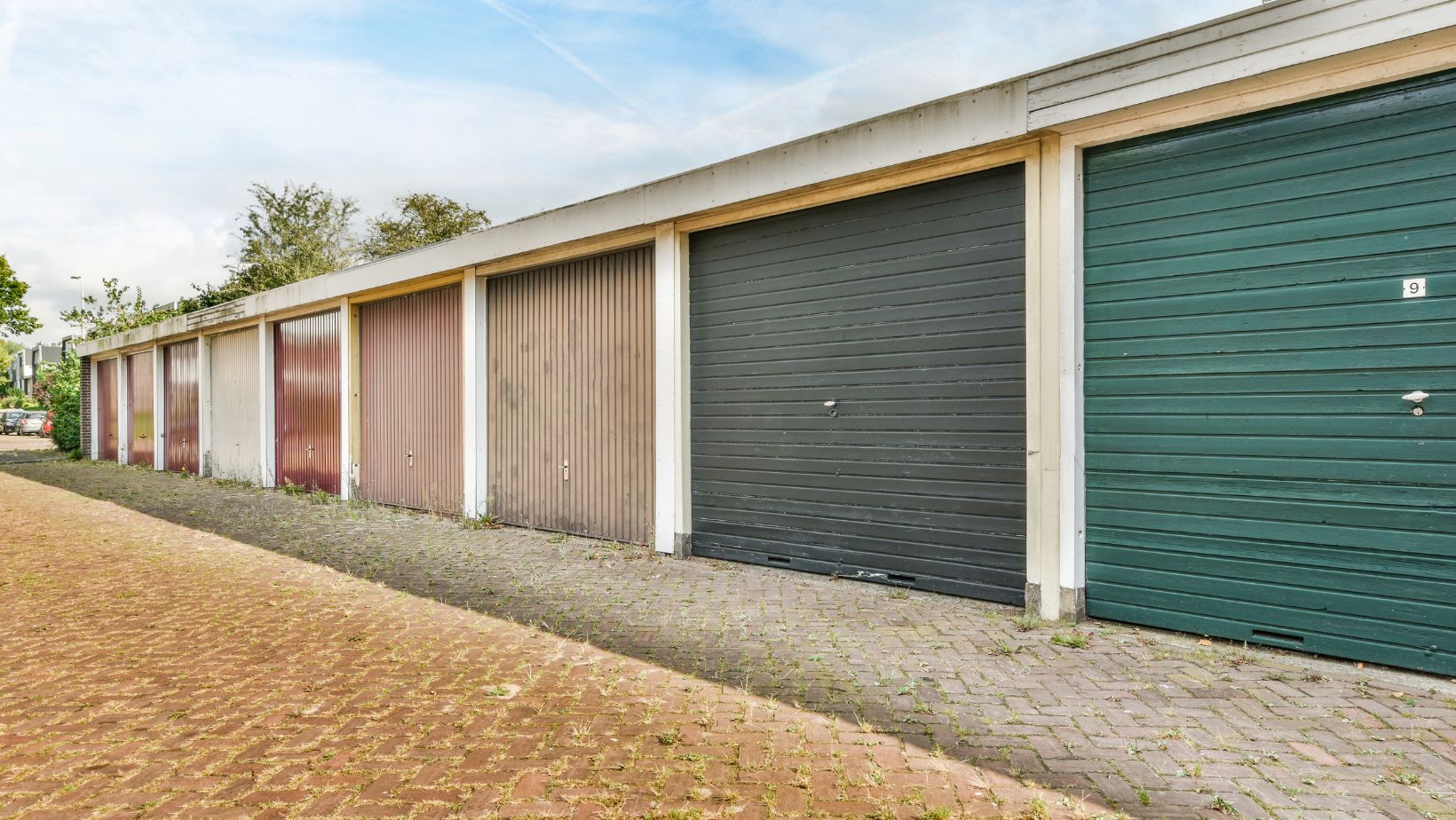Looking to improve the energy efficiency of your garage? Insulation for roll-up garage doors can be a game-changer. Proper insulation is key when it comes to maintaining comfortable temperatures and reducing energy costs. In this article, I’ll explore the benefits of insulating your roll-up garage door and provide valuable insights to help you make an informed decision.
Insulation helps regulate temperature and prevents unwanted noise from entering or escaping your garage. Adding insulation to your roll-up garage door can create a more peaceful environment inside and outside of your home.
Not all insulation materials are created equal, so choosing the right one for your specific needs is important. Various options are available on the market today, from foam panels to reflective barrier kits.
Whether you use your garage as a workshop, storage space, or even an additional living area, insulating your roll-up garage door is a smart investment in comfort and energy savings.
Table of Contents
ToggleInsulation For Roll Up Garage Doors
Insulation plays a crucial role in maintaining temperature control and improving energy efficiency when it comes to roll-up garage doors. Here’s why insulation is important for roll-up garage doors:
- Temperature Regulation: Insulation helps to create a barrier between the interior of your garage and the outside environment. This barrier prevents heat transfer, keeping your garage cooler in the summer and warmer in the winter. By reducing the impact of extreme temperatures, insulation can help create a more comfortable space inside your garage.
- Energy Efficiency: Without proper insulation, air can easily escape or enter through gaps around your roll-up garage door. This can lead to significant energy loss as your heating or cooling system works overtime to compensate for these drafts.
- Noise Reduction: If you use your garage as a workshop or living space adjacent to other areas of your home, noise reduction becomes crucial. Insulated roll-up doors have sound-absorbing properties that help minimize noise transmission from outside sources such as traffic or neighbors’ activities.
- Protection Against Moisture: Garages are prone to moisture buildup due to humidity and condensation. Insulation acts as a barrier to excess moisture from seeping into your garage and causing damage to stored items or promoting mold growth.
- Durability and Longevity: Installing insulation enhances the performance of your roll-up door and adds an extra layer of protection against wear and tear caused by weather elements over time.
Insulating your roll-up garage door offers numerous benefits, including improved temperature regulation, energy efficiency, noise reduction, moisture protection, and increased durability.

Choosing The Right Insulation Material For Roll Up Garage Doors
When insulating your roll-up garage doors, selecting the right insulation material is crucial. The insulation you choose will determine how effectively it keeps the cold air out in winter and prevents heat from seeping in during summer. Here are a few key factors to consider when choosing the ideal insulation material:
- R-Value: The R-value measures an insulation material’s thermal resistance, indicating its ability to resist heat flow. Look for an insulation material with a high R-value for optimal energy efficiency. Fiberglass and cellulose are popular options known for their excellent R-values.
- Material Type: Different materials offer varying benefits for roll-up garage door insulation. Here are a few common choices:
- Fiberglass: This type of insulation is affordable and readily available. It is made from fine glass fibers and offers good thermal performance.
- Reflective Foil Insulation: Reflective foil insulation reflects radiant heat away from your garage, helping maintain a comfortable temperature inside.
- Polyurethane Foam: Known for its exceptional insulating properties, polyurethane foam provides superior thermal resistance and also helps reduce noise transmission.
- Durability: Consider the durability of the chosen insulation material as well. Roll-up garage doors can be subject to constant movement and friction, so opt for insulation that can withstand wear and tear without compromising its effectiveness.
- Installation Ease: Depending on your DIY skills or preference, you may want to choose an insulation material that is easy to install yourself or one that requires professional assistance.
Remember, every garage is unique, so consider factors like climate conditions in your area and how you use your garage space when deciding on the best insulation material for your roll-up doors.
By carefully considering these aspects and consulting with professionals if needed, you can select the right insulation material that ensures energy efficiency, temperature regulation, and noise reduction for your roll-up garage doors.





